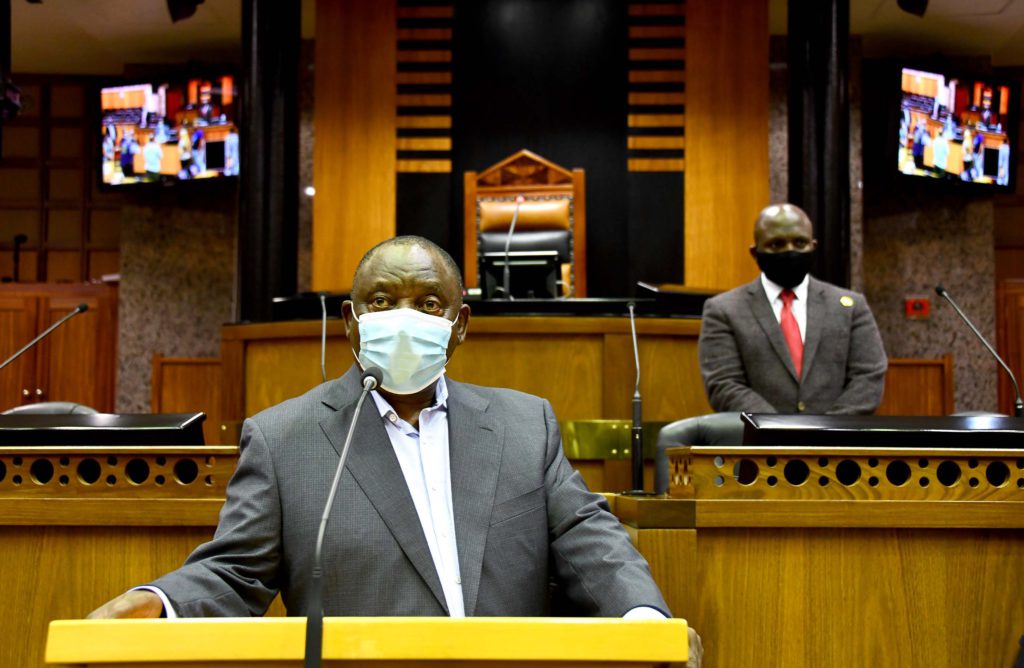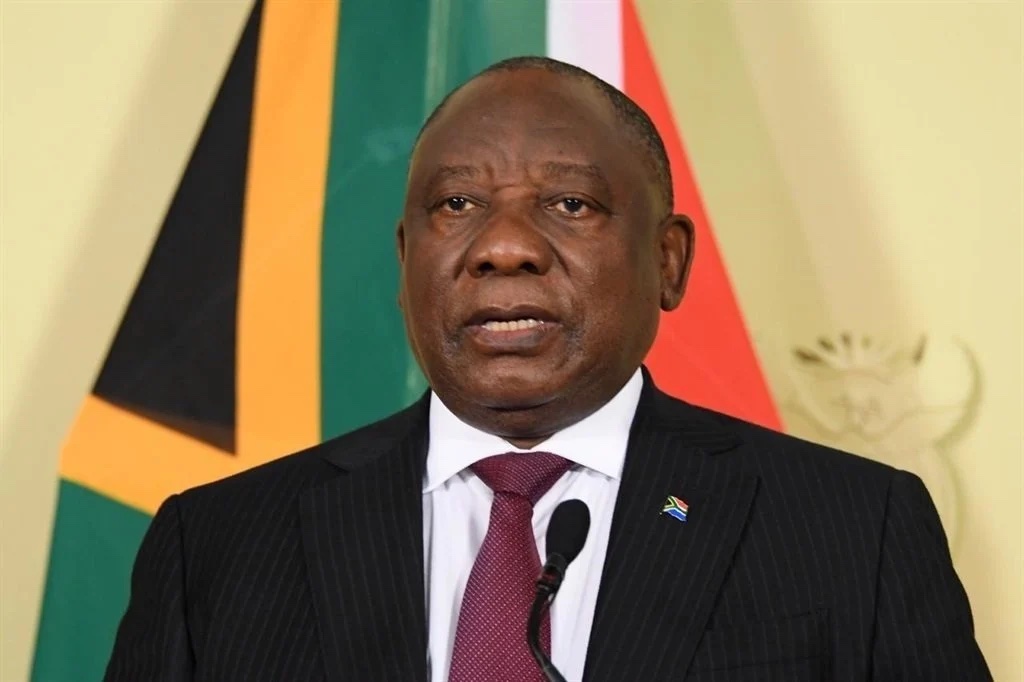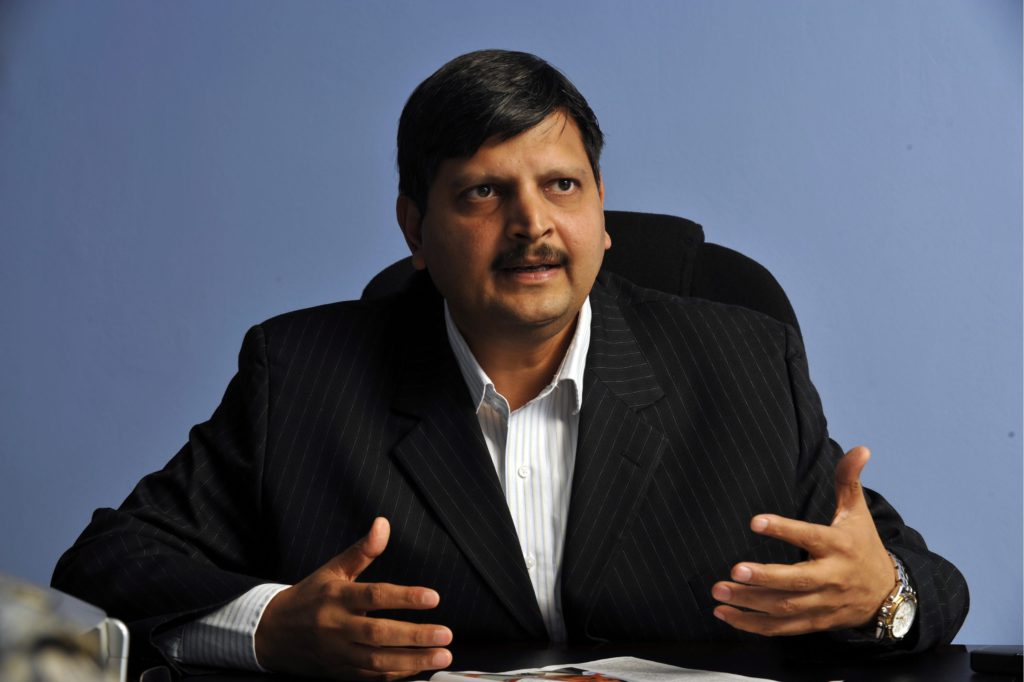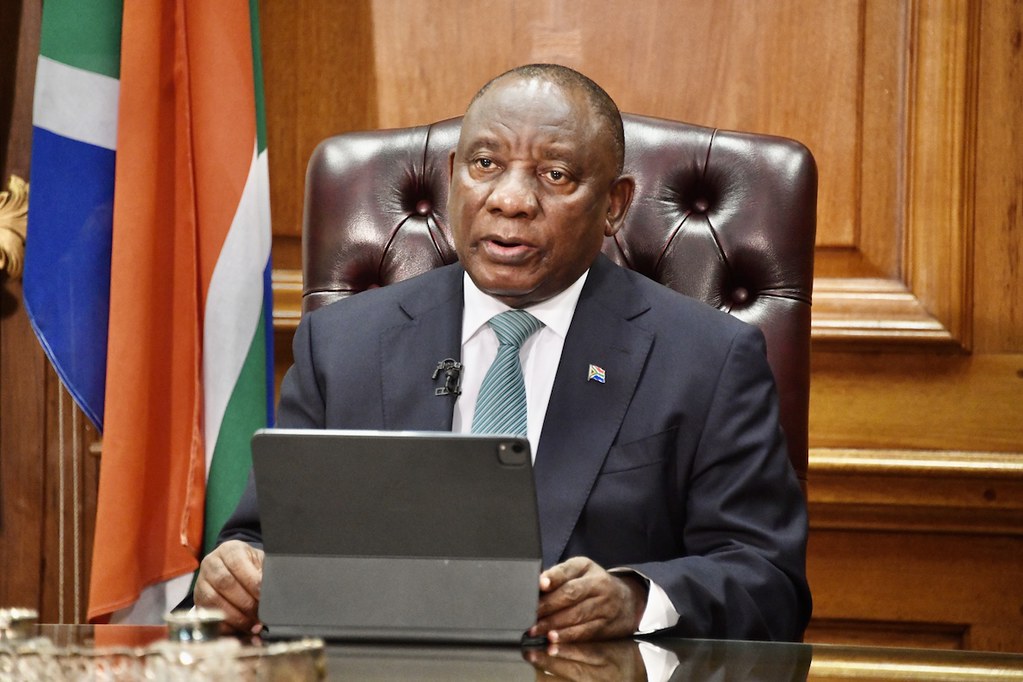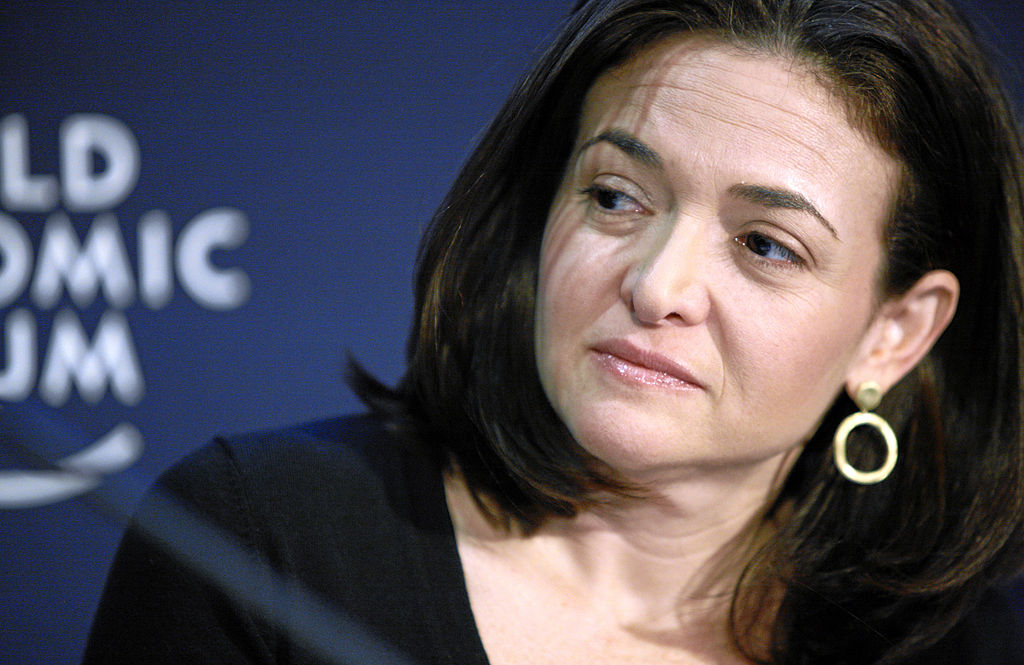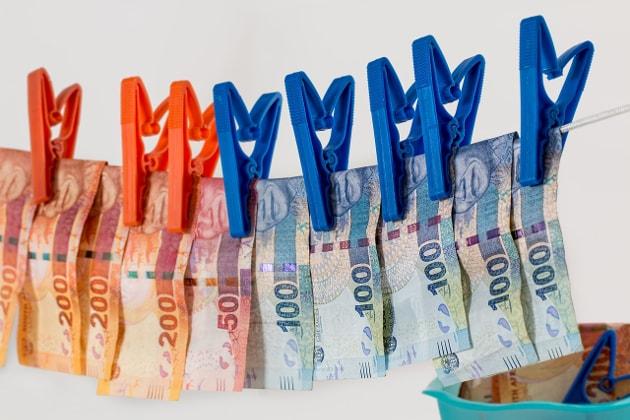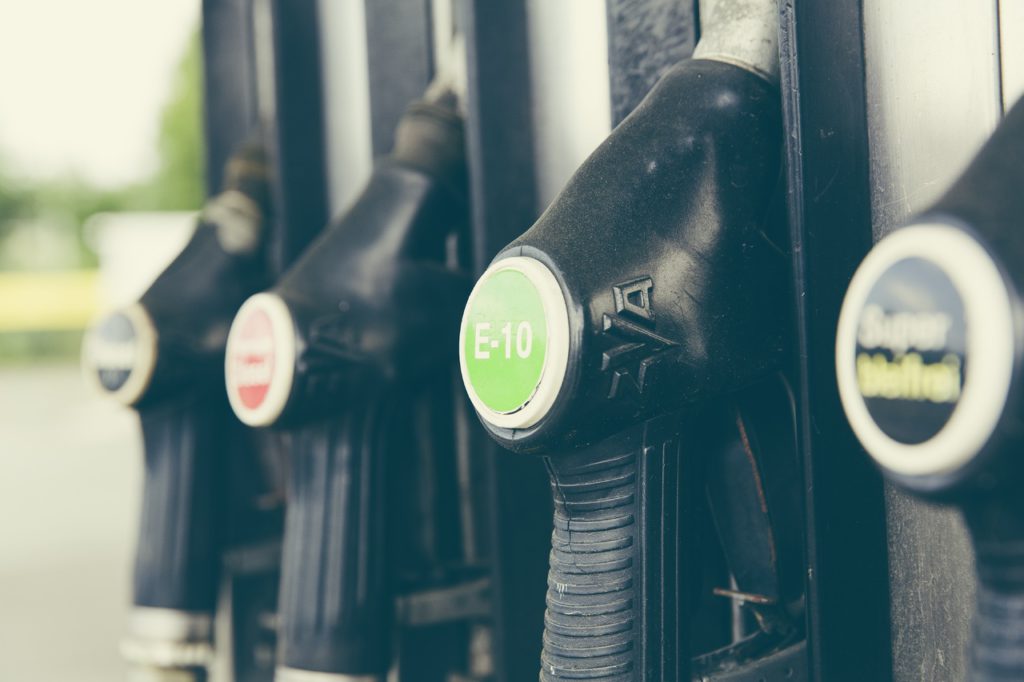A research paper just published ahead of President Cyril Ramaphosa’s State of the Nation Address on Thursday makes for depressing reading.
But if there was ever any doubt about the real state of our nation, the numbers don’t lie.
The working paper, led by Ricardo Hausmann for the United Nations University World Institute for Development Economics Research, outlines the macroeconomic risks the country is exposed to after a decade of microeconomic turbulence.
The report states after remarkable economic growth in 1997–2007, South Africa’s progress slowed dramatically in 2009 with the global financial crisis.
But real GDP growth decelerated more than in other emerging markets and mineral exporting peers and never recovered pre-crisis levels. The review period coincides with the rule of former president Jacob Zuma and the era of state capture.
“South Africa’s macroeconomic policy paradigm shifted decidedly after the GFC.
This new era of policy-making was both a cause and consequence of broader transformations in the underlying economy and domestic politics,” the report states as it looks at answering some burning questions on the significant deceleration in economic growth over the last decade: Why was the economic deceleration larger than in other emerging markets?
To what extent, if any, can the slowdown be attributed to the end of the commodity supercycle? How did South Africa’s political cycle and the process of ‘state capture’ contribute to growth?
Our debt story is horrifying.
From just 27% of GDP in 2008 it spiralled to 62% in 2019, an increase of 35 percentage points in 11 years, writes the Daily Maverick’s Tim Cohen.
“It’s now sitting at around R4.2 trillion, and South Africa is spending about R303bn annually just to service the debt, a little below R1bn per day – and this, as the research points out, is despite the Treasury frantically pushing the debt out to reduce immediate payments.”
Our investment and expenditure story is no different.
Uncertainty marked the review period – South Africa has been in the 90th percentile or above in the World Uncertainty Index of 143 countries for most of the decade, drowning out meaningful investment.
The report lists the Mbeki-Zuma transition between 2008 and 2009, the incident at the Lonmin Marikana mine in August 2012, the dismissal of Finance Minister Nhlanhla Nene in December 2015 and the events leading to the resignation of President Zuma in February 2018 as events when uncertainty peaked.
On expenditure, a standout is the bloated government salaries – the report states that growth in the public sector wage bill has been so pronounced after the GFC that it has been the main driver of overall budgetary expenditure growth.
According to the World Bureaucracy Indicators, South Africa’s public wage bill is in the 83rd and 84th percentile as a share of GDP and government expenditures, significantly above both the advanced and emerging markets average and median, according to the report.
Cohen writes that “government salaries in all but the lowest and highest categories gradually outpaced private sector salaries, to the extent that now state employees in the 50th percentile get paid 110% more than their private-sector counterparts”.
With state capture laid bare and our stated intention to right our path by uprooting corruption, the time for action is now.
And Ramaphosa would be wise to draw on these numbers for a real picture of the state of the nation if he wants any chance of restoring trust and credibility.
Here’s a roundup of the world’s top and most interesting headlines:
SA Business
How much you should be paying your domestic worker in 2022 – BusinessTech
Court orders huge payout for Vodacom’s ‘Please Call Me’ inventor – FIn24
Mara Phones went bust in South Africa despite a R100 million tax break, and govt preference – Business Insider
Global Business
Brexit: Costs, paperwork and delays the ‘only detectable impact’ of EU exit for businesses so far, report says – Sky News
COVID equality: WHO calls on rich countries to pay €14 billion urgently to end global pandemic – Euronews
Bitcoin: US seizes £2.65bn in cryptocurrency linked to 2016 hack as couple arrested – Sky News
Markets
Oil prices nudge up after API data shows surprise drop in US stocks – Reuters
Aluminum hits highest since 2008 on LME, closes in on a record – Bloomberg
Pfizer’s 2021 profits doubled to $22 bn on strong COVID vaccine sales – EWN
Opinion/In-depth
Open Secrets weighs up the ‘good, the bad and the missing’ recommendations in Zondo Commission reports – Daily Maverick
Dr Brian Benfield – Why does South Africa insist on maintaining destructive foreign exchange controls? – Biznews
Six key SOEs (and many others) have missed a key deadline for publishing annual reports … and their financial results – Daily Maverick
Video
Lord Peter Hain opens UK battlefront against Bain as retribution for State Capture intensifies – Biznews
How Ukraine is training civilians to fight – NYT News
Billionaire space explorer among top 50 US donors – AP
Image: GCIS

